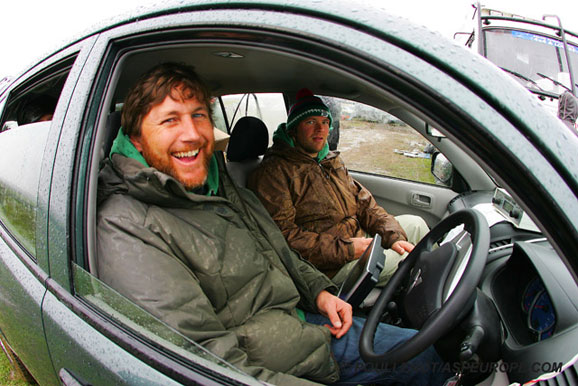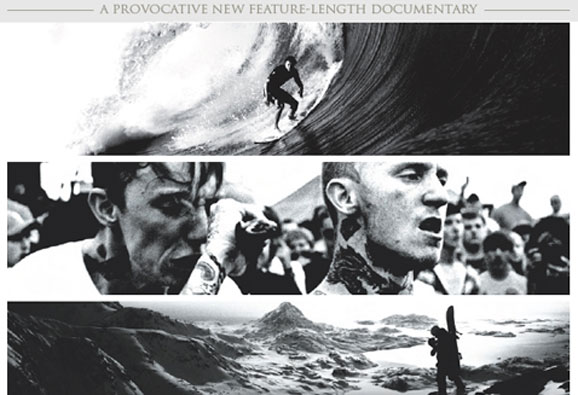
Also known as one of the ASP events’ main beach and web announcers, President Mailman sat down with ASP media to discuss about next year’s official changes that will give the sport a new boost in its evolution.
Apart from being the President of one of the seven ASP regions in the world (along with South America, North America, Hawaii, Japan, Australasia and Africa), Mailman has spent more than a decade around professional surfing events witnessing the evolution of the sport through different positions including four years as a marketing director for Quiksilver Europe.
Find out what Mailman a.k.a the Voice has to say about the changes that will occur in 2010 for the Association of Surfing Professionals (ASP) in Europe…
1. Was it time for the ASP to step-up and move towards some changes?
It was definitely time for some changes in the sport. However, the changes that came out of the meeting were the strict minimum to keep the surfers and the sponsors happy. Much more could have been done, and hopefully will be done in the near future.
2. Surfing is a young sport, does it need regular “updates”?
Surfing is not only a “young” sport, but a unique sport. If you ask 5 people or 50 to define “surfing”, you will get just as many different answers, running the gamut from a sport to a culture to an art form to a lifestyle to a religion. Since it is not a traditional sport like football, basketball, golf or tennis, it is constantly evolving with the times, and I think it is a good thing if “competitive” surfing evolves as well. Even some more traditional sports occasionally modify their formats or change their rules to adapt to the needs of the sport, the athletes and the fans.
Look at basketball, Formula 1, cricket, soccer, rugby or volleyball to name just a few. They have all gone through different changes through their history, and in some cases even have different versions of the same sport to make things more exciting in order to draw bigger sponsors and more fans.
3. What is the main change for you?
The main change for me is the one world seeding system. In theory, this will allow for talented new blood to gain enough seed points to be able to surf in the ASP World Tour events from their first season on tour. This goes hand in hand with the reduction of the field for the ASP World Tour events from 48 to 36 surfers. However, much will depend on the actual event formats that the ASP chooses to run with in 2010.
I am not convinced that any of the existing formats are the appropriate way to go to showcase the “sport” of surfing. I think that “competitive” surfing should reflect “free” surfing as much as possible. As it stands, that is not the case today. But, it is a point that is open for debate, and that will undoubtedly continue to be debated for many years to come.
4. How do you think it could affect the ASP Europe region which hosts one of the biggest number of major WQS events?
One of the few ways that it will affect the ASP Europe region is by requiring all ASP Top 45 competitors to compete in at least one ASP World Qualifying Series (WQS) event in their region. That would mean seeing the top European surfers make at least one appearance in a contest in Europe outside of the World Tour events.
Having said that, that is very close to what we see now. The Top 10 guys will do 1 or 2 events in their country/region for the sponsors and fans and that is all. The others, who aren’t doing well in the ASP Top 45 ranking and events, will probably end up doing a few more WQS events than usual in order to keep their ASP one world seed points within the Top 32 to maintain their spots in the ASP World Tour events.
5. With the board of ASP International growing from 5 to 8 persons, does it mean a better representation and objectivity in the interest of the sport?
It’s not necessarily the number of people on the board that matters, but who they are. Now, there will be two event representatives, one male surfer rep’, one female surfer rep’, three independents, and the Chairman. It will mean that the Chairman won’t cast the deciding vote on any unresolvable issues between the surfers and the events. Something he has been loathe to do in the past.
Instead, it will be the independent members who are supposed to look at things from a standpoint of what is best for the sport. Of course, if the three independents think one way, and the surfers and events agree on another course to take, then the opinion of the original stakeholders will have the last say.



